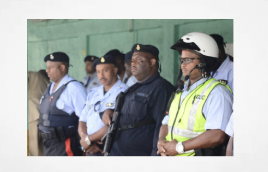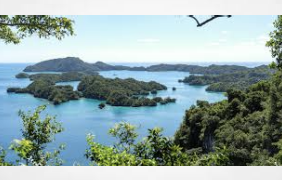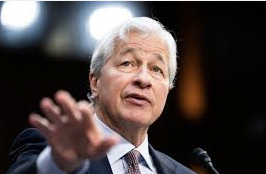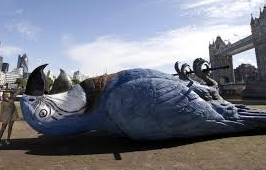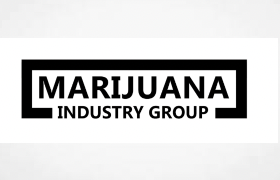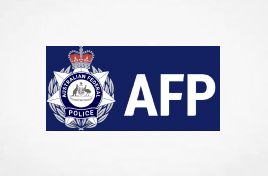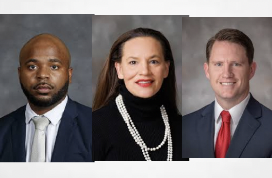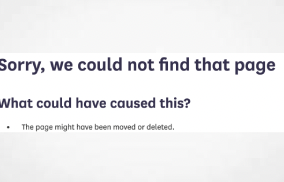The United States’ difficulties in collaborating with foreign law enforcement and the Bahamas’ function as a center for drug trafficking are brought to light by the incident involving the Bahamas police force in the wake of US accusations of a police-sanctioned cocaine trafficking network.
The establishment of a cocaine trafficking network has led the US federal prosecutors to charge ten additional Bahamian and Colombian nationals, two senior officers of the Royal Bahamas Police Force, and a Bahamas military official. Since at least May 2021, unscrupulous authorities and security personnel in the Bahamas have allowed cocaine shipments from Colombia, Venezuela, and other Caribbean countries to arrive at airports on different islands by charter aircraft.
Subsequently, the defendants permitted go-fast boats, yachts, and freight vessels loaded with cocaine to leave the Bahamas and travel to Florida, a nearby US coastal state. Traffickers offered bribes to the officials in the range of $10,000 to $2 million in exchange.
According to the indictment, prosecutors noted, “The increase in cocaine flow through the Bahamas has been a direct result of drug-fueled corruption that has infected various Bahamian institutions.” Adding, “These corrupt RBPF and Bahamian government officials support the drug trade into the United States at every turn.”
The indictment emphasizes that the rigid anti-narcotics links between the Bahamas and US agencies such as the DEA and the Coast Guard were crucial in facilitating the trafficking plan.
According to the indictment, one of the defendants gave traffickers access to private US Coast Guard intelligence to assist them with evading detection. Additionally, RBPF officials were charged by prosecutors with giving the DEA misleading information and preventing them from accessing cocaine that had been confiscated.
In Nassau, the capital of the Bahamas, the indictment caused a flurry of controversy that culminated on December 4, 2024. Inside a parliamentary session, the opposition party was expelled when one of its members hurled a ceremonial item out the window, as anti-corruption demonstrators gathered outside parliament.
Although RBPF Commissioner Clayton Fernander was not personally involved in the scheme, Prime Minister Philip Davis announced his resignation the same day. Davis proposed a Fernander successor, but according to local media, his choice has not yet been made official.
A section of the indictment that states that one of the RBPF defendants requested a $2 million bribe on behalf of a “high-ranking Bahamian politician”—whom the indictment did not identify—in exchange for “facilitating and ensuring cocaine shipments” has sparked questions about politicians’ involvement in the scheme.
The latest US attempt to fight corruption linked to cocaine in allies is the case against security officials in the Bahamas. It draws attention to how local officials can abuse US assistance for drug trafficking. Although staunch US allies, former Honduran President Juan Orlando Hernández and former Mexican Public Security Chief Genaro García Luna were both sentenced to long US jail terms for their roles in corruption and drug trafficking.
Through Operation Bahamas, Turks and Caicos (OPBAT), which sought to close cocaine smuggling routes in the 1980s, Bahamian authorities were found to have taken advantage of US anti-drug operations, according to the new indictment. By 2010, the number of cocaine seizures in the Caribbean had drastically decreased due to enhanced interdiction. With an increase in seizures in the French Caribbean and the Dominican Republic, the route is again on the rise again. Traffickers are starting to value the Bahamas more.
The US Coast Guard is nevertheless dedicated to its collaboration with Bahamian law enforcement and military forces despite the infraction.
Source: https://nycaribnews.com/bahamas-turmoil-in-police-on-drug-smuggling-case-involving-us/
